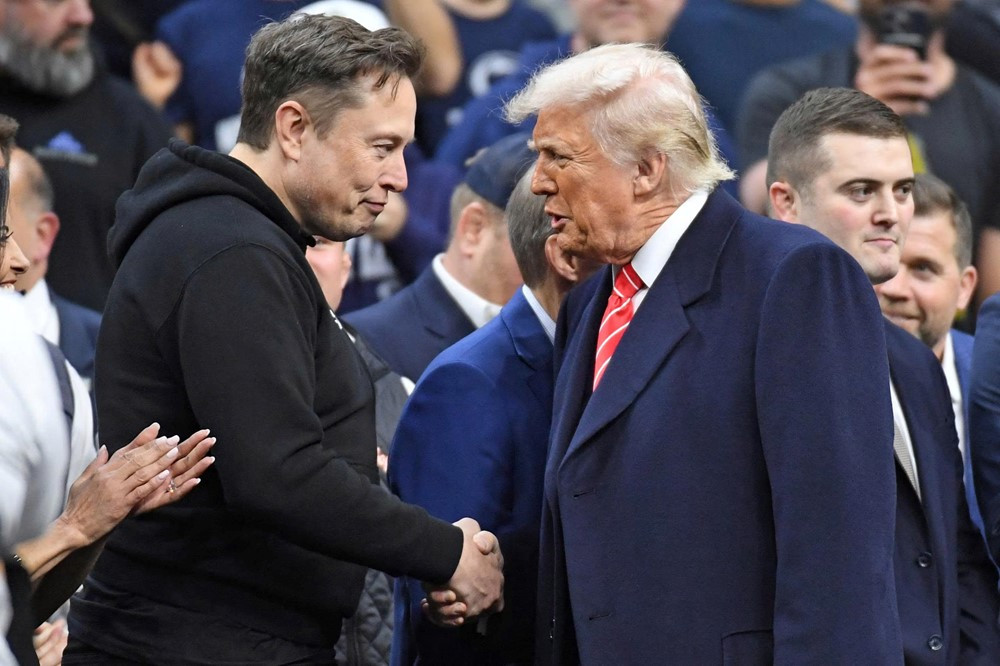
On July 25, President Donald Trump declared that he had no intention of “destroying” Elon Musk’s companies by cutting federal subsidies, emphasizing that he wanted businesses like Musk’s to continue thriving.
This statement came amid growing tensions between the two, following a series of disagreements over tax policies and subsidies.
“Many people say that I will destroy Elon’s companies by ending all or part of the large subsidies he’s receiving from the U.S. government. This is not true!” Trump wrote on social media.
“I want Elon — and every business in America — to thrive!”
Trump’s comments came after Elon Musk recently warned Tesla investors that cuts to U.S. government support for the electric vehicle industry could lead to “a few tough quarters” for the company.
On platform X (formerly Twitter), Musk rebutted Trump’s remarks, saying, “The so-called subsidies” Trump referred to didn’t actually exist.
“SpaceX won NASA contracts because we did it better with lower costs,” Musk wrote. “Redirecting those contracts to other aerospace companies would only leave astronauts stranded and taxpayers paying double!”
While Musk has repeatedly criticized government subsidies, Tesla has, in reality, benefited from billions of dollars in tax credits and incentives related to renewable energy and clean transportation over the years.
The large-scale tax and budget bill passed by the U.S. Congress and signed into law by Trump previously will officially end certain incentives, including the $7,500 tax credit for new electric vehicles and $4,000 for used electric vehicles starting September 30 this year — policies that have contributed to the growth of electric vehicle sales in the U.S.
Tensions between the two escalated when Musk — in July — announced the formation of a new political party and criticized Trump’s “big, beautiful” tax bill as a potential cause of the U.S. going bankrupt.
Before their split, Elon Musk had contributed over $250 million to support Trump’s re-election campaign, while also leading a controversial campaign to reform the budget and streamline the federal bureaucracy.
Musk withdrew from the Trump administration at the end of May to refocus on his tech projects. Soon after, he publicly criticized Trump’s tax cuts and increased spending plan — leading to threats from the White House to cancel billions of dollars worth of contracts with Musk’s companies.
A week after the standoff, Reuters revealed that the White House had asked the Pentagon and NASA to review all contracts with SpaceX to prepare for measures of “retaliation” against the South African-born entrepreneur.
Previously, SpaceX was seen as the leading contender for the development of the “Golden Dome” — a $175 billion missile defense project by the Trump administration. However, sources told Reuters that the government was now expanding its search for alternative partners, as escalating tensions could threaten SpaceX’s position in the program.
